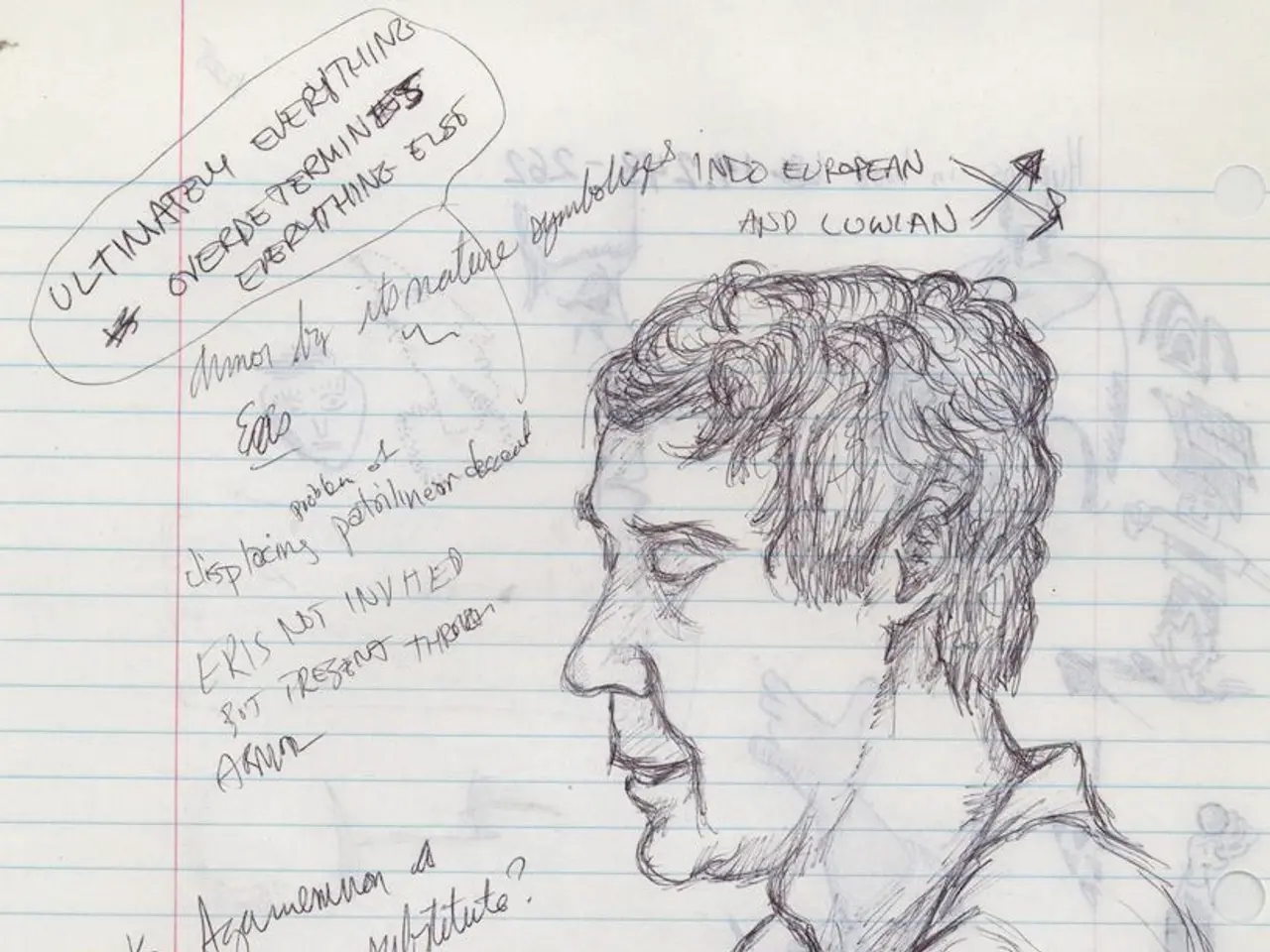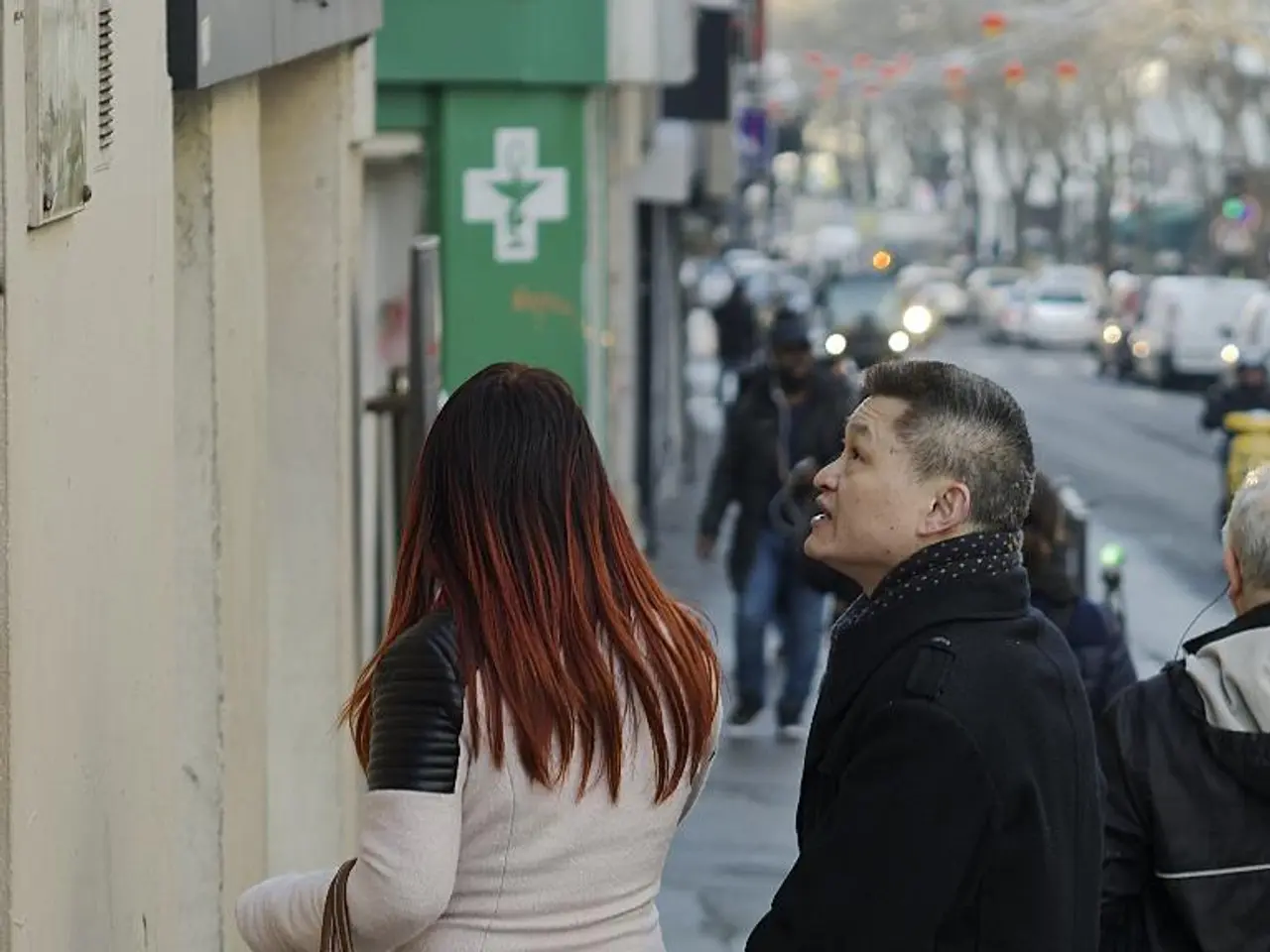Bosnian Serb leader Milorad Dodik's initial ruling confirmed by the appeals court
Milorad Dodik, the president of Republika Srpska, was sentenced to a year in prison and banned from holding public office for six years by a Sarajevo-based court in Bosnia and Herzegovina in July 2025. The ruling, confirmed by an appeals court in early August 2025, was related to his refusal to comply with decisions by the UN High Representative in Bosnia, Christian Schmidt [1][2][4][5].
However, Dodik is not expected to serve his sentence soon. He enjoys full support from Serbia, which rejects the verdict as biased and illegitimate, and has declared it legally invalid within Serbian territory. Serbian authorities, including President Aleksandar Vucic and the National Security Council, have promised that Dodik will not be arrested if he enters Serbia and have condemned the verdict as undemocratic and destabilizing for the region [1][2].
The European Union, on the other hand, has taken note of the conviction and emphasized that the verdict is binding and must be respected, showing support for Bosnia's judiciary [3]. It is unclear if the EU's call for respecting the court's verdict has been heeded by all parties involved.
Dodik was charged with "threatening the constitutional order" and voluntarily appeared at the Prosecutor's Office, accompanied by his lawyer, to provide a statement. The arrest warrant against him was lifted in July 2025 following his voluntary appearance [6]. Dodik held a press conference after the appeals ruling, where he rejected the authority of the Office of the High Representative (OHR) and its decisions [7].
The Court of Bosnia and Herzegovina upheld a previous verdict against Dodik, which was originally issued in February. Republika Srpska's National Assembly (NSRS) decided not to publish the decisions made by High Representative Christian Schmidt in its Official Gazette in June 2023 [8]. Despite the NSRS's decision, they still went ahead and put it into effect [9].
The European Union called for all parties to acknowledge the independence and impartiality of the court and to respect and uphold its verdict regarding Milorad Dodik. However, it did not specify any consequences for disregarding its call [3]. The statement from the EU's diplomatic service was reported by AFP [10].
As of now, the political situation in the Balkans remains tense, with Dodik remaining out of custody and the EU insisting on respect for the ruling. It is uncertain if the authorities have issued a warning that the arrest warrant could be reinstated if Dodik continues actions deemed unconstitutional. It is also unknown if the EU's call for respecting the court's verdict has been fully heeded by all parties involved.
- The sentence handed down to Milorad Dodik by a Sarajevo-based court in Bosnia and Herzegovina in July 2025, related to his refusal to comply with decisions by the UN High Representative, has been upheld by an appeals court, but Dodik is not expected to serve his sentence soon due to support from Serbia, which views the verdict as biased and illegitimate.
- The European Union has emphasized that the verdict against Milorad Dodik is binding and must be respected, but it did not specify any consequences for disregarding this call, and it is unclear if the EU's call for respecting the court's verdict has been heeded by all parties involved.
- The ongoing political situation in the Balkans remains tense, with Dodik still out of custody and the EU insisting on respect for the ruling, but it is uncertain if the authorities have issued a warning that the arrest warrant could be reinstated if Dodik continues actions deemed unconstitutional.
- Due to tensions in the region, the political situation in 'Turkiye' could potentially be affected if Dodik's actions and the response from involved parties escalate war-and-conflicts or lead to instability in the European Union, especially given the UN High Representative's decisions and the role of the Office of the High Representative (OHR) in Bosnia.
- As politics in the Balkans continue to unfold, policy-and-legislation and general-news outlets will closely monitor events in Bosnia and surrounding areas, including Istanbul, to gauge actions taken by the various parties, as well as analyze the potential effects on the region's stability and economic indicators, such as inflation and currency fluctuations like the lira.







